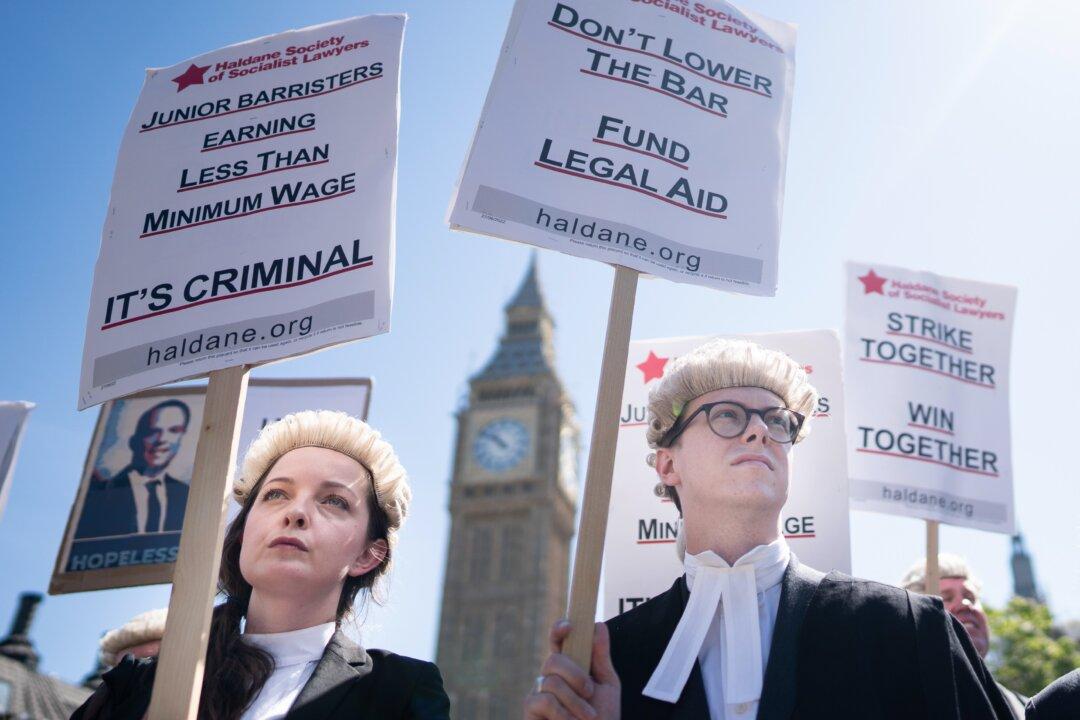The Chair of the Criminal Bar Association has warned a committee of MPs that if the barristers’ strike is not resolved there could be a situation where “you have people on the streets who you would rather not be on the streets.”
Kirsty Brimelow QC, giving evidence to the Justice Select Committee on Tuesday, said a judge in Bristol last week refused to extend the custody time limits for a defendant and released them on bail ahead of their trial.





